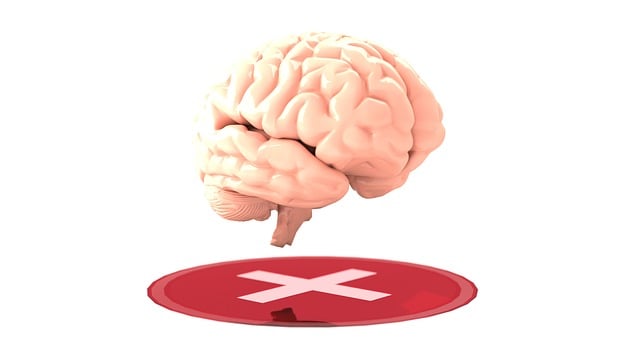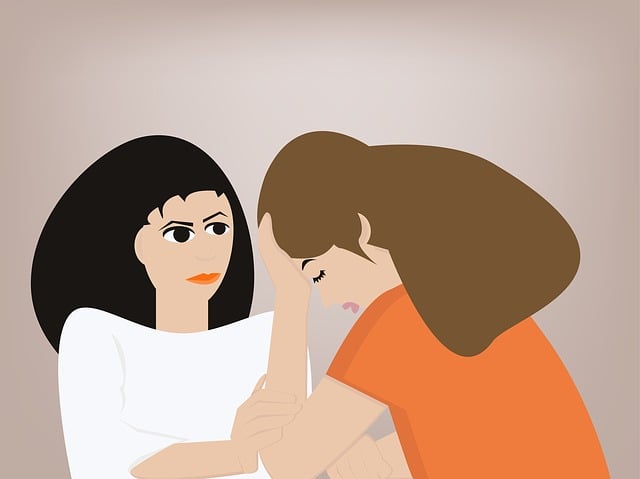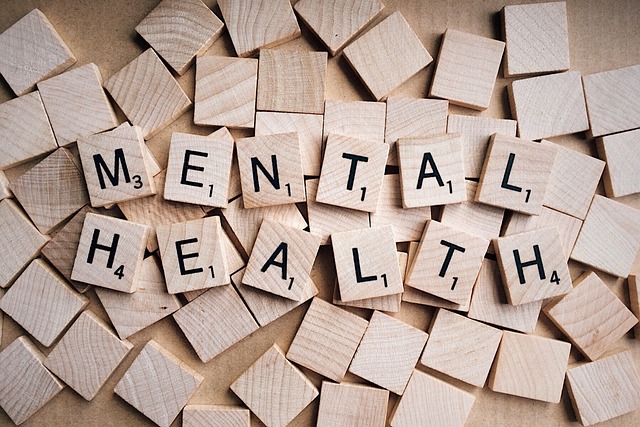Sexual abuse stigma deeply affects young survivors' mental health, perpetuating a cycle of secrecy and distress. To break this cycle, mental illness stigma reduction efforts are crucial. By promoting mental health awareness, providing trauma-informed care through therapy tailored for young sexual abuse survivors, and incorporating strategies like art therapy and stress management workshops, we can create safe spaces that encourage healing and reduce societal judgment. These initiatives support individual recovery while contributing to broader mental illness stigma reduction, ensuring future generations can navigate their experiences with greater resilience.
Mental illness stigma remains a significant barrier, especially for young survivors of trauma like sexual abuse. This article explores the profound impact of stigma on their recovery and highlights effective strategies to reduce it within mental health support systems. We delve into the transformative power of therapy as both a healing tool and an advocacy mechanism, emphasizing its crucial role in empowering young survivors to overcome mental health challenges stemming from abuse.
- Understanding the Impact of Stigma on Young Survivors
- Strategies for Reducing Stigma in Mental Health Support
- The Role of Therapy in Healing and Advocacy
Understanding the Impact of Stigma on Young Survivors

The impact of stigma on young survivors of sexual abuse is profound and far-reaching. These individuals often face a double burden—not only do they grapple with the trauma of their experience, but they also battle societal perceptions that can exacerbate their mental health struggles. Stigma can manifest as shame, leading many young survivors to isolate themselves, which in turn hinders their access to much-needed support and therapy for anxiety relief. This creates a vicious cycle where secrecy deepens emotional distress, making it increasingly challenging to heal.
Mental illness stigma reduction efforts are crucial in breaking this cycle. By fostering Mental Health Awareness, we can create safe spaces where young survivors feel understood and encouraged to seek professional help. Therapy for Young Children Sexual Abuse survivors focuses on trauma-informed care, aiming to rebuild trust and provide the necessary tools for managing anxiety. These initiatives not only support individual recovery but also contribute to broader Mental Illness Stigma Reduction Efforts, ensuring that future generations can navigate their experiences with greater resilience and without the added weight of societal judgment.
Strategies for Reducing Stigma in Mental Health Support

Reducing stigma surrounding mental health issues is crucial for fostering a supportive environment and encouraging individuals to seek help without fear of judgment. One effective strategy involves education and awareness campaigns that challenge misconceptions about mental illness. These initiatives can include public talks, workshops, and social media campaigns that highlight personal stories of recovery, emphasizing the humanizing aspect of mental health struggles.
Additionally, providing accessible and specialized support for vulnerable groups, such as young children who have experienced sexual abuse, is essential. Therapy tailored to their needs, along with Burnout Prevention strategies and Stress Management Workshops within schools or community organizations, can help normalize conversations around mental health. Promoting Mind Over Matter principles through art therapy, meditation, and positive psychology interventions also empowers individuals to take control of their well-being and break free from societal stigma.
The Role of Therapy in Healing and Advocacy

Therapy plays a pivotal role in healing and advocacy for mental illness stigma reduction, especially for vulnerable populations such as young children who have been sexual abuse survivors. Through specialized therapy sessions tailored to their age and experiences, these children can learn coping mechanisms, develop healthy emotional responses, and rebuild trust. Early intervention with evidence-based therapeutic approaches like cognitive behavioral therapy (CBT) and trauma-focused care has proven effective in mitigating long-term mental health issues.
Empathy building strategies incorporated into therapy not only help survivors process their traumas but also foster a sense of community and understanding. Stress management workshops conducted by mental health professionals within organizations and schools further contribute to Mental Health Awareness, enabling individuals to recognize symptoms early on and seek appropriate support. These efforts collectively break down barriers associated with seeking therapy, thereby reducing the stigma surrounding mental illness.
Mental illness stigma, particularly around issues like trauma and abuse, significantly hinders young survivors’ access to essential support. By understanding the profound impact of stigma and employing strategies such as education, early intervention, and advocacy through therapy for young children sexual abuse survivors, we can foster an environment of compassion and understanding. The collective effort to reduce stigma in mental health is not just a step towards healing; it’s a vital component in ensuring these survivors receive the care they deserve, enabling them to thrive and lead fulfilling lives.














